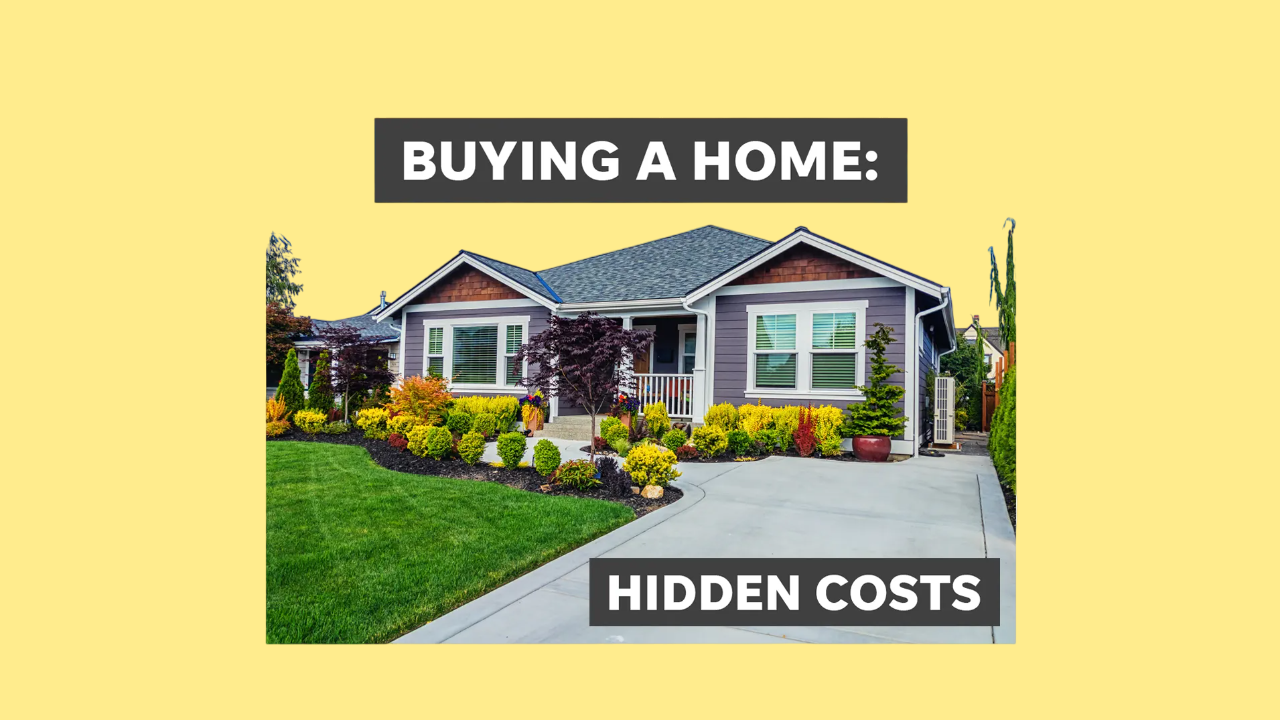Buying a home is one of the biggest financial decisions most people make in their lifetime. While the focus is often on the down payment and monthly mortgage, many hidden costs can catch buyers off guard. These unexpected expenses can strain budgets and cause unnecessary stress if not planned for in advance.

Understanding the hidden costs of buying a home is crucial for making an informed decision. Many homebuyers assume that once they have saved for a down payment, they are financially ready. However, additional costs like closing fees, maintenance, and property taxes can significantly impact overall expenses.
In this article, we will break down the hidden costs that buyers often overlook. By the end, you’ll have a clearer picture of what to expect, helping you prepare financially and avoid unpleasant surprises.
Closing Costs: More Than Just a Fee
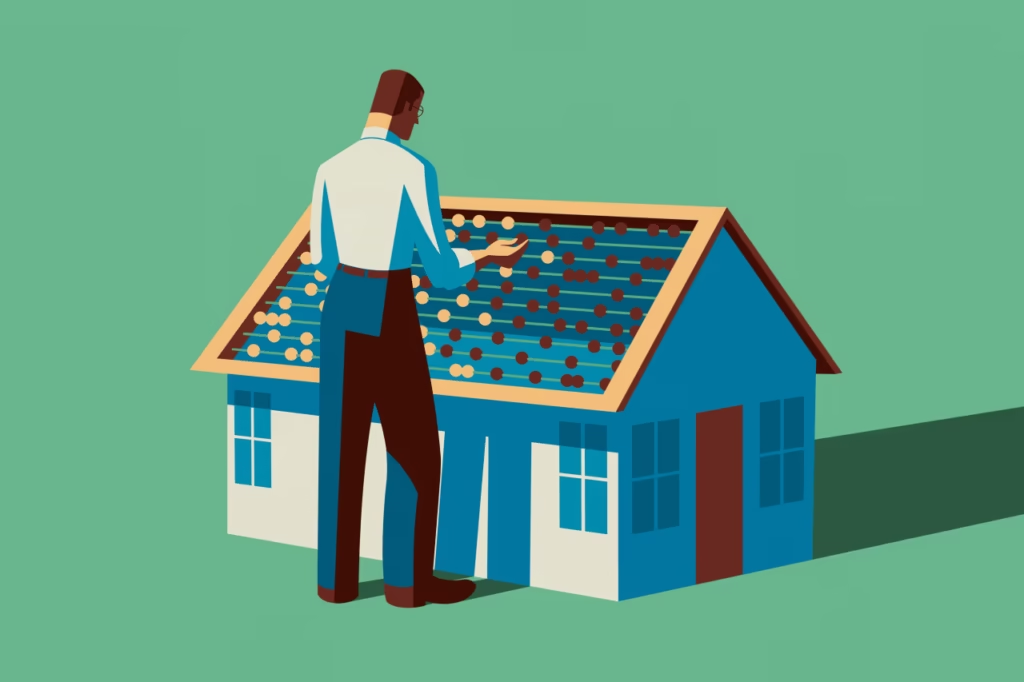
Loan Origination and Processing Fees
When securing a mortgage, lenders charge various fees, including loan origination and processing fees. These can range from 0.5% to 1% of the total loan amount. They cover the cost of handling paperwork, credit checks, and underwriting. Many buyers are unaware of these expenses until they receive their loan estimate.
Title Insurance and Attorney Fees
Title insurance protects buyers from potential ownership disputes or liens on the property. Additionally, in some states, hiring a real estate attorney is required to handle the legal aspects of the transaction. These costs can add up to several thousand dollars, making them a significant financial factor.
Escrow and Prepaid Expenses
Lenders often require buyers to prepay property taxes and homeowners insurance into an escrow account. This upfront payment ensures these bills are covered, but it can be an unexpected expense for those who aren’t prepared. Depending on the property’s location, these costs can be substantial.
Home Inspection and Appraisal Fees
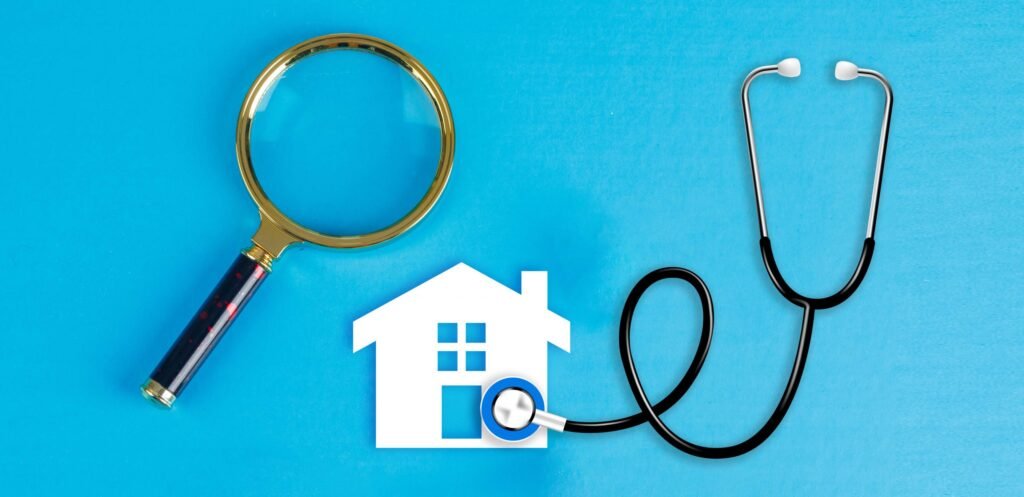
The Cost of a Thorough Home Inspection
A home inspection is a crucial step before finalizing a purchase. A professional inspector will examine the property for potential issues, including structural damage, plumbing problems, and electrical concerns. Inspections typically cost between $300 and $600, but skipping this step can lead to costly repairs later.
Appraisal Fees and Their Importance
Lenders require a home appraisal to determine the property’s market value before approving a mortgage. This ensures the loan amount does not exceed the home’s worth. Appraisal fees range from $400 to $700, depending on the home’s size and location.
Additional Specialty Inspections
Some homes require specialized inspections, such as termite inspections, radon testing, or foundation assessments. These additional tests can cost between $100 and $500 each. While optional, they provide peace of mind and prevent future financial surprises.
Moving Expenses and Immediate Repairs
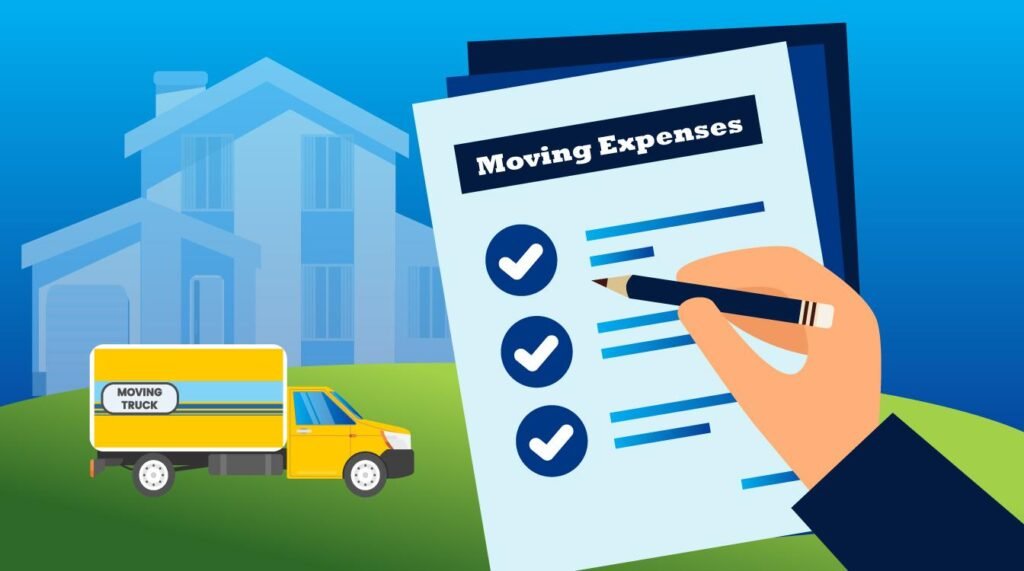
Hiring Professional Movers vs. DIY
Moving costs vary widely depending on distance, moving company rates, and the number of belongings. Hiring professional movers can cost anywhere from $1,000 to $5,000. Even if you choose to move yourself, truck rentals, gas, and packing supplies still add up.
Essential Repairs and Upgrades
Even if a home appears move-in ready, minor repairs or upgrades may be necessary. Painting, changing locks, fixing leaks, or upgrading appliances can cost several hundred to several thousand dollars. These expenses should be factored into the initial home budget.
Utility Deposits and Connection Fees
Setting up utilities in a new home often requires security deposits and connection fees. Electricity, gas, water, internet, and trash collection may each have separate charges, sometimes totaling a few hundred dollars before move-in.
Read Also: Best 20 Moving Companies in the USA: Cost & Services Guide
Property Taxes and Homeowners Insurance
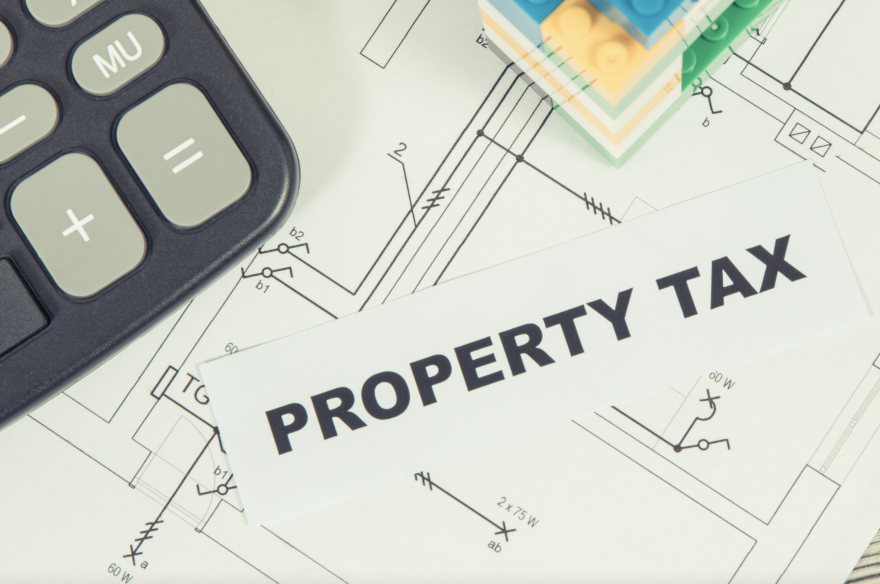
Understanding Annual Property Taxes
Property taxes vary by location but can be a significant ongoing expense. Some states have high property tax rates, leading to annual costs of thousands of dollars. These taxes are often included in mortgage payments but must be considered when budgeting.
Homeowners Insurance: More Than Just Protection
Homeowners insurance is a necessity, covering damages from natural disasters, theft, and liability claims. Premiums depend on the home’s value, location, and risk factors. Some lenders require additional coverage, such as flood insurance, which adds to the overall cost.
Mortgage Insurance for Low Down Payments
If a buyer puts down less than 20%, lenders typically require private mortgage insurance (PMI). This additional monthly cost protects the lender in case of default. PMI can add hundreds of dollars to a mortgage payment and continue until a certain equity threshold is met.
Ongoing Maintenance and HOA Fees

Routine Home Maintenance Costs
Owning a home comes with ongoing maintenance expenses. Regular tasks like lawn care, HVAC servicing, gutter cleaning, and pest control can cost homeowners $1,000 to $3,000 annually. Ignoring maintenance can lead to more expensive repairs over time.
Unexpected Repairs and Emergency Funds
Unexpected repairs, such as a leaking roof or a broken water heater, can be financially draining. Experts recommend setting aside 1% to 3% of a home’s value each year for emergency repairs. Having a home repair fund prevents financial strain when issues arise.
Homeowners Association (HOA) Fees
For those buying in a condo or planned community, HOA fees are an additional expense. These fees cover community maintenance, amenities, and shared services. Depending on the property, HOA fees can range from $50 to over $500 per month.
The True Cost of Homeownership
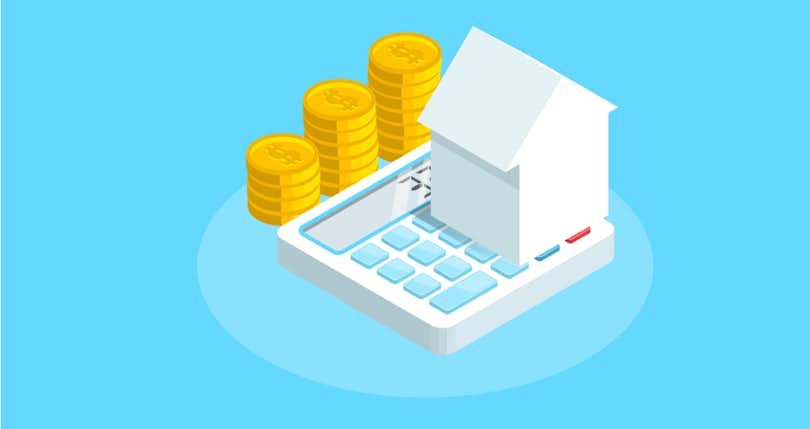
More Than Just a Mortgage Payment
Many first-time buyers assume homeownership costs stop at the mortgage. However, after factoring in property taxes, insurance, maintenance, and unexpected repairs, the true cost can be significantly higher. Understanding these expenses prevents financial stress down the road.
Financial Planning for the Long Term
A well-prepared homebuyer not only saves for the down payment but also builds a financial cushion for these hidden costs. Setting aside savings for annual maintenance, repairs, and taxes helps create a stable homeownership experience.
Is Buying Still Worth It?
Despite the hidden costs, owning a home can be a valuable long-term investment. Home equity builds over time, and property values tend to appreciate. With the right financial planning, homeownership remains a worthwhile goal for many individuals and families.
Conclusion
Buying a home is more than just affording a mortgage payment. The hidden costs of buying a home—from closing fees to ongoing maintenance—can add up quickly. Many homebuyers focus solely on upfront costs and are surprised when unexpected expenses arise.
Being aware of these financial responsibilities helps buyers make smarter decisions. By planning for hidden homeownership costs, you can enjoy homeownership without financial stress. With the right preparation, buying a home remains one of the most rewarding investments you can make.


